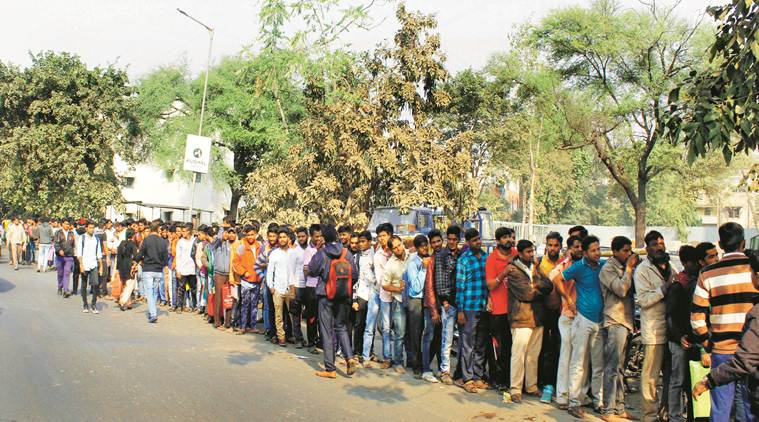The safety net of the future
In recent times both BJP (around election time in UP and Maharashtra) and Congress (in Punjab, and now Rajasthan, MP and Chhattisgarh) have rushed to the fire of farmer wrath with wild schemes of bank loan waivers. This is, of course, a bad idea not just because it plays havoc with the banking culture (just as that of loan waivers for corporate defaulters does).

If social inequality is the most acutely felt social problem in India, insecurity, more than poverty, is the most acutely felt economic problem. While most measures suggest that only around one-fifth of the population today is under the official poverty line, large sections of them even much above that line are subject to brutal economic insecurities of various kinds (due to weather or health risks, market fluctuations, job uncertainties, etc.). Anxiety about such insecurities occasionally spills over into the streets and politicians wake up and feel they have to do something.
In recent times both BJP (around election time in UP and Maharashtra) and Congress (in Punjab, and now Rajasthan, MP and Chhattisgarh) have rushed to the fire of farmer wrath with wild schemes of bank loan waivers. This is, of course, a bad idea not just because it plays havoc with the banking culture (just as that of loan waivers for corporate defaulters does), but most of it goes to help the middle and large farmers (more than two- thirds of our farmers are marginal farmers with less than 1 hectare of land, only 20% of whose loans are from institutions like banks, they owe the rest to private lenders, which the waiver programme will not touch).
Some politicians are now paying attention to the politically successful Rythu Bandhu example of income support to Telengana farmers (at about Rs. 10,000 per hectare). The idea of income support is better than price support for farm products (which in any case does not help small farmers who mostly sell their produce to the traders at harvest time, and also applies in practice to a very limited number of crops and states). But it requires much better land records than we have in most states and leaves out the large numbers of even poorer landless workers.
All this distress arises directly or indirectly from India’s singular failure in creating enough secure jobs. The farm distress is ultimately because of low productivity (due to lack of enough irrigation, cold storage and extension service, apart from the effects of climate change), and the low-earning farmers themselves want to move to non-farm jobs. This has been a failure of all political parties over many decades. The recent finger-pointing to the Prime Minister for the failure on the job front is only because he has been the loudest in promising jobs. The absence of secure jobs is also behind agitations on job reservations even by dominant castes (marathas, patidars, jats, kapus, etc.) and behind the mobilisation of lumpen elements of the ruling party affiliates in various incidents of extortion in the name of cow protection and minority lynchings.







































No hay comentarios:
Publicar un comentario